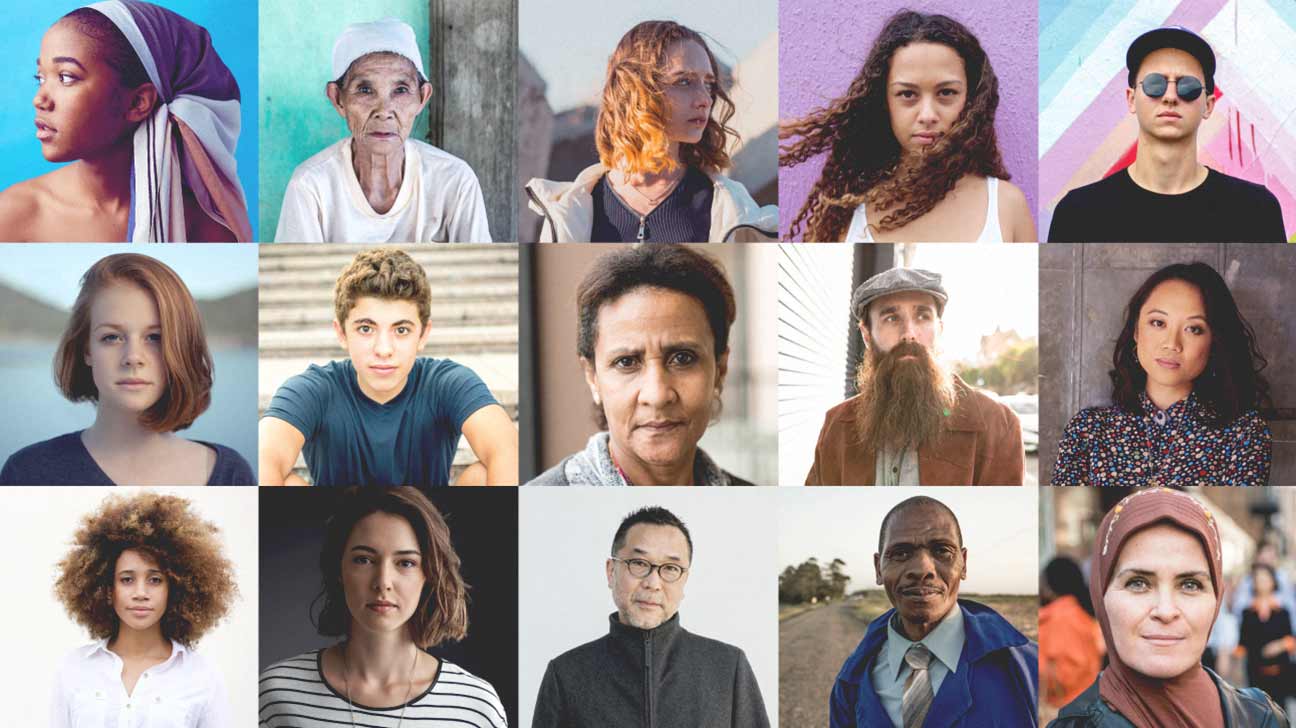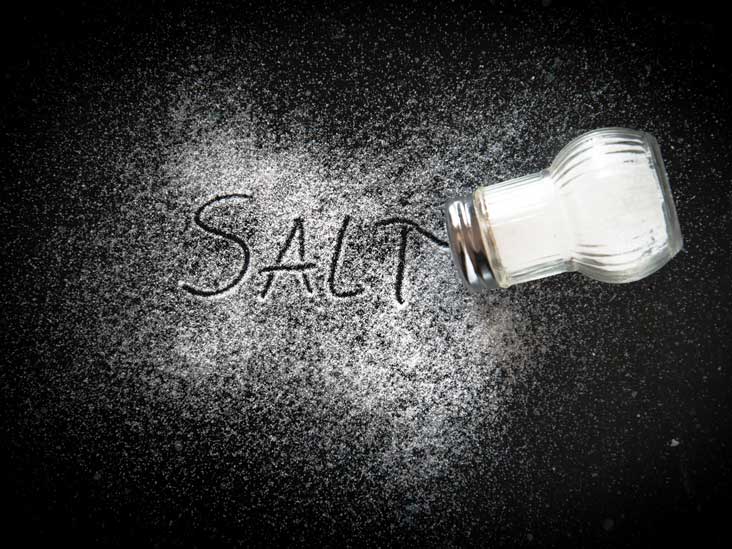To the Person Fighting Cancer, You’re Allowed to Be Angry and Scared
When my brother died of pancreatic cancer, his obituary read “that he lost his battle.”
It made it sound as if he wasn’t strong enough, didn’t fight hard enough, didn’t eat the right foods, or didn’t have the right attitude.
But none of those things were true. And it wasn’t true about my mother either, when she received a diagnosis of ovarian cancer.
Instead I saw two people, who I loved very much, go about their day-to-day lives with as much grace as possible. Even if that day involved a trip to the radiation department in the basement of the hospital, the VA hospital for more pain meds, or a wig fitting, they handled it with poise.
What I wonder now is what if, behind that grace and resilience, they were anxious, afraid, and lonely?
The cancer-fighting culture
I think that as a culture we place unreasonable expectations on the people we love when they’re very sick. We need them to be strong, upbeat, and positive. We need them to be this way for us.
ADVERTISEMENT
“Go to battle!” we say with naïveté, comfortable from our positions of ignorance. And maybe they’re strong and positive, maybe that’s their choice. But what if it isn’t? What if that optimistic, upbeat attitude assuages the fears of their family and loved ones but does nothing to help them? I’ll never forget when I came to realize this firsthand.
The deadly cost of sugar-coating cancer
Barbara Ehrenreich, an American author and political activist, was diagnosed with breast cancer shortly after the publication of her nonfiction book “Nickel and Dimed.” In the aftermath of her diagnosis and treatment, she wrote “Bright-Sided,” a book about the stranglehold of positivity in our culture. In her article, “Smile! You’ve Got Cancer,” she tackled this again and claims, “Like a perpetually flashing neon sign in the background, like an inescapable jingle, the injunction to be positive is so ubiquitous that it’s impossible to identify a single source.”
In the same article, she speaks about an experiment she conducted on a message board, on which she expressed anger about her cancer, even going as far as to criticize the “sappy pink bows.” And the comments rolled in, admonishing, shaming her to “put all your energies toward a peaceful, if not happy, existence.”
Ehrenreich argues that “the sugar-coating of cancer can exact a dreadful cost.”
I think part of that cost is isolation and loneliness when connectivity is paramount. A few weeks after my mother’s second round of chemo, we were out walking along abandoned railroad tracks, headed north. It was a bright summer day. It was just the two of us out, which was unusual. And it was so quiet, which was also unusual.
This was her most honest moment with me, the most vulnerable. It’s not what I needed to hear, but it’s what she needed to say, and she never said it again. Back at the noisy family home, filled
with her children, her siblings, and her friends, she resumed her role as warrior, doing battle, staying positive. But I remembered that moment and wonder how alone she must’ve felt even with her robust support system rooting her on.
There ought to be room for everyone’s story
Peggy Orenstein in The New York Times writes about how the pink ribbon meme, generated by The Susan G. Komen Foundation for breast cancer, can hijack other narratives — or, at least, silence them. For Orenstein, this narrative focuses on early detection and awareness as its model of redemption and cure — a proactive approach to healthcare.
That’s great, but what if it fails? What if you do everything right, and the cancer metastasizes anyway? Then, according to Orenstein, you’re no longer part of the story or the community. That’s not a story of hope, and “perhaps for that reason, metastatic patients are notably absent from pink-ribbon campaigns, rarely on the speaker’s podium at fundraisers or races.”
The implication is that they did something wrong. Perhaps they weren’t upbeat enough. Or perhaps they could’ve adjusted their attitudes?
ADVERTISEMENT
On October 7, 2014, I texted my brother. It was his birthday. We both knew there wouldn’t be another. I’d walked down to the East River and talked to him at the water’s edge, my shoes off, my feet in the sand. I wanted to give him a gift: I wanted to say something that was so profound it’d save him, or at least diminish all his anxiety and fear.
So, I texted, “I read somewhere that when you are dying, you should live each day as if you were creating a masterpiece.” He wrote back, “Don’t treat me like I’m your pet.”
Stunned, I rushed to apologize. He said, “You can hold me, you can cry, you can tell me you love me. But don’t tell me how to live.”
There’s nothing wrong with hope
There’s nothing wrong with hope. After all, Emily Dickinson says, “hope is the thing with feathers,” but not at the expense of canceling out all the other complex emotions, including sadness, fear, guilt, and anger. As a culture, we can’t drown this out.
Nanea M. Hoffman, founder of Sweatpants & Coffee, published a great interview with Melissa McAllister, Susan Rahn, and Melanie Childers, the founders of The Underbelly in October 2016. This magazine creates a safe and informative space for women to honestly talk about their cancer, arguing:
ADVERTISEMENT
“Without a place like this, that challenges the common narrative, women are likely to continue falling into the ‘pink trap’ of unrealistic expectations and roles with labels they can’t live up to. Roles like fighter, survivor, hero, brave warrior, happy, gracious, cancer patient, etc., etc. Only to end up unable to deliver and wondering … What’s wrong with us? Why can’t we even do cancer right?”
Takeaway
Today, there’s a notable culture around celebrating cancer survivors — and there should be. But what about those who lost their lives to the disease? What about those who don’t want to be the face of positivity and hope in the face of illness and death?
Are their stories not to be celebrated? Are their feelings of fear, anger, and sadness to be rejected because we, as a society, want to believe that we’re invincible in the face of death?
It’s unreasonable to expect people to be warriors every day even if it makes us feel better. Cancer is more than hope and ribbons. We need to embrace that.
Lillian Ann Slugocki writes about health, art, language, commerce, tech, politics, and pop culture. Her work, nominated for a Pushcart Prize and Best of the Web, has been published in Salon, The Daily Beast, BUST Magazine, The Nervous Breakdown, and many others. She has an MA from NYU/The Gallatin School in writing, and lives outside of New York City with her Shih Tzu, Molly. Find more of her work on her website and tweet her @laslugocki







No comments:
Post a Comment